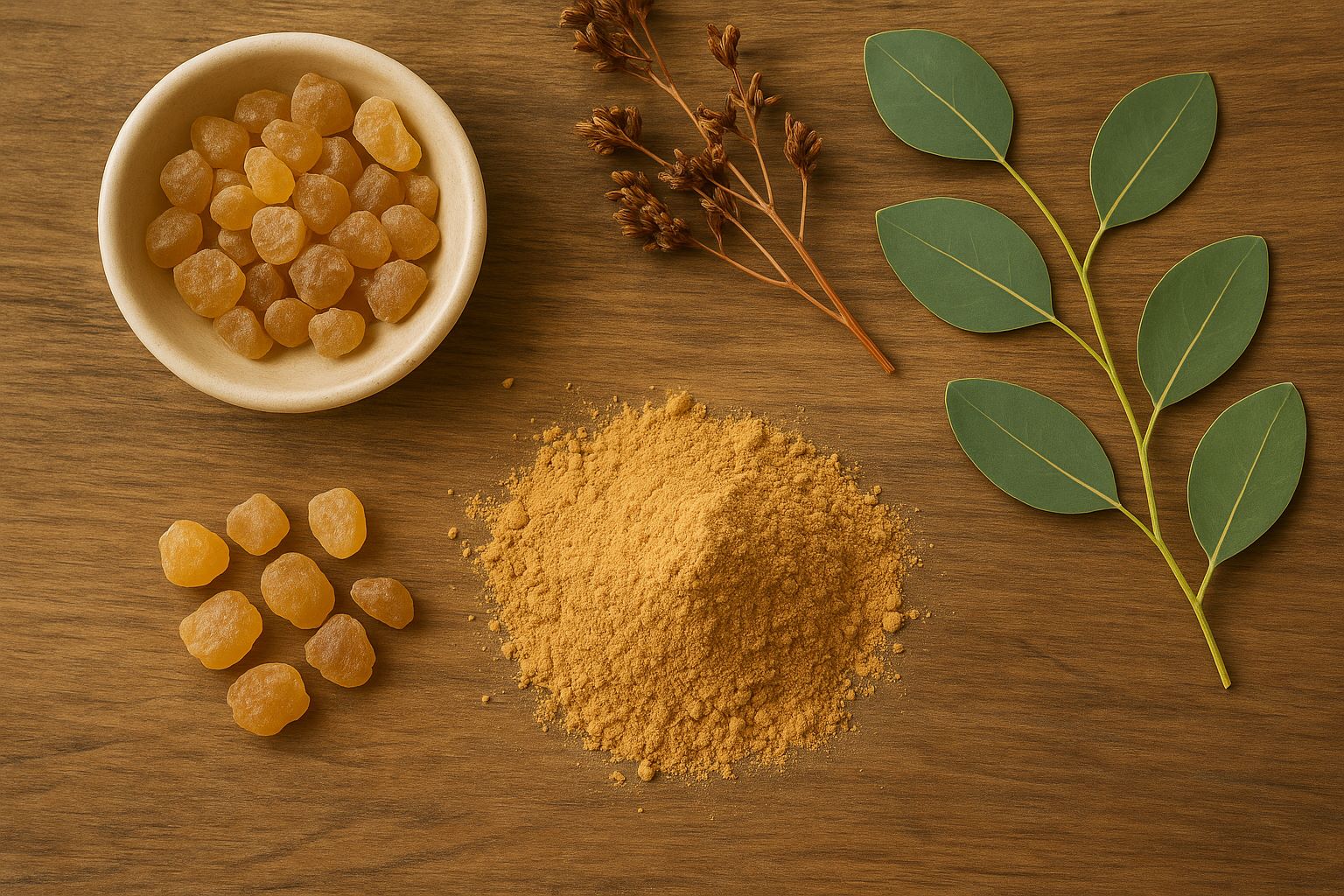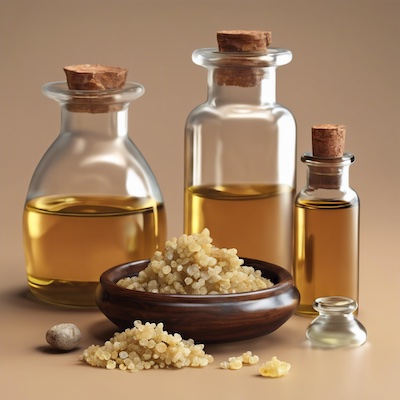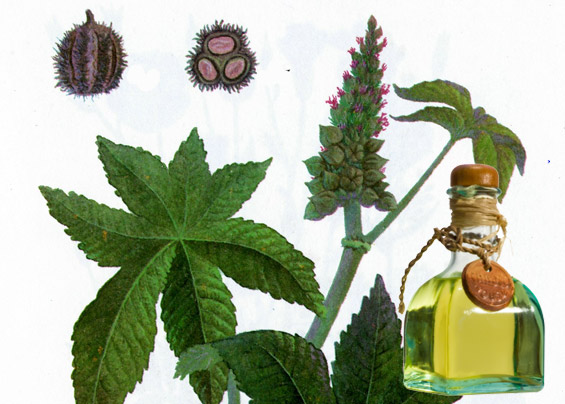Arthritis, a form of rheumatic disease, is characterized by inflammation and loss of function in some parts of the body. Osteoarthritis damages cartilage, joints, and bones.
Rheumatoid arthritis is another form of arthritis that attacks the synovial lining of joints, causing pain, stiffness, swelling, and loss of function. A growing body of research suggests that dietary changes may help alleviate the chronic pain associated with this condition.
Omega-3 Fats
A substantial amount of research suggests that omega-3 fatty acids may prevent inflammation in the body and reduce symptoms associated with arthritis. Researchers from the Center for Genetics, Nutrition and Health have discovered that the COX-2 enzymes that cause joint inflammation are more active when you eat a high ratio of omega-6 to omega-3 fatty acids.
Omega-6 fats are prevalent in the American diet, found in meat, corn, snack foods, and sunflower oil. Try reducing your intake of these fats while increasing your consumption of healthy omega-3 fats, which are found in salmon, sardines, mackerel, trout, flaxseeds and walnuts.
Broccoli
Apparently, Mom knew what she was talking about when she told you to eat your broccoli. According to a Mayo Clinic 11-year study, broccoli, cauliflower, and other cruciferous vegetables were shown to protect against the development of arthritis.
Although this study examined the chance of arthritis development rather than pain management, it wouldn’t hurt to add cabbage, cauliflower, Brussels sprouts, kale, and bok choy to your regular diet.
Vitamin D
A large study of 29,000 women without a history of arthritis found that those who consumed more dietary vitamin D had a lower risk of developing rheumatoid arthritis. The findings from a Framingham Heart Study showed a decreased risk of osteoarthritis progression in the knees of participants who consumed greater amounts of vitamin D.
Besides oily fish, few foods naturally contain vitamin D. Certain foods, such as dairy products and bread, may be fortified with vitamin D. Dairy, however, may exacerbate arthritis inflammation and pain. Consider a 20-minute stroll to take in some vitamin D-stimulating sunlight—the best source.
Olive Oil
Diets that are rich in olive oil, such as the Mediterranean diet, have been shown to reduce pain and stiffness in patients with rheumatoid arthritis. Olive oil’s anti-inflammatory properties are attributed to oleic acid, which contains polyphenols and omega-3 fatty acids, both of which are antioxidants.
To incorporate more olive oil in your diet, switch out store-bought salad dressings for a homemade version. Mix three parts olive oil to one part vinegar or lemon juice. Add herbs and spices of your choice.
Ginger
Ginger has been used for thousands of years to treat colds, nausea, migraines, and hypertension. Although clinical studies report mixed results regarding ginger’s role in arthritis, the Journal of Medicinal Food gives evidence to support the anti-inflammatory and antioxidant role of ginger.
To add more ginger to your diet, try grating fresh ginger over sautéed vegetables, adding sliced ginger to tea, and sprinkling ground ginger in baked good batters.
NOTE: Ginger acts as a blood thinner, which could interact with blood thinning medication. Be sure to check with your physician before adding these foods to your diet.
Vitamin C
Start putting vitamin C-rich bell peppers, oranges, mangos, strawberries, pineapple, and kidney beans on your grocery list. According to one study, greater intake of vitamin C was associated with a 30 percent reduced risk of developing rheumatoid arthritis.
Choose dietary sources of vitamin C rather than supplements, as high doses have been known to exacerbate symptoms of arthritis. According to the USDA, the Recommended Dietary Allowance (RDA) for vitamin C is 90 mg/day for men and 75 mg/day for women.
Anthocyanins
Anthocyanidins are potent antioxidants responsible for the reddish pigment in foods like cherries, blackberries, raspberries, strawberries, grapes, and eggplant. A Harvard School of Public Health study that examined C-reactive protein (CRP) levels as a marker of inflammation in cardiovascular health found that higher strawberry intake was associated with lower CRP levels.
Although the study focused on cardiovascular health, there are implications for arthritis patients, as the anthocyanidins found in strawberries and other foods may help reduce inflammation.
Beta-Cryptoxanthin
Beta-cryptoxanthin is a powerful antioxidant of the carotenoid family. Like its sister, beta-carotene, a nutrient found in carrots, beta-cryptoxanthin is converted to vitamin A in the body and may help prevent arthritis.
Researchers from the United Kingdom found that those who consumed more foods containing beta-cryptoxanthin were better protected against arthritis. Foods with the highest amount of beta-cryptoxanthin include sweet peppers, squash, pumpkin, papayas, tangerines, collard greens, and apricots.
Your Overall Anti-Arthritis Diet
Overall, you should aim for a diet that’s high in fruits, vegetables, fish, nuts, legumes, and olive oil. Limit or avoid red meat, dairy, saturated fats, and sugar to help prevent arthritis and manage arthritis-related inflammation and pain.
Source: healthline.com







